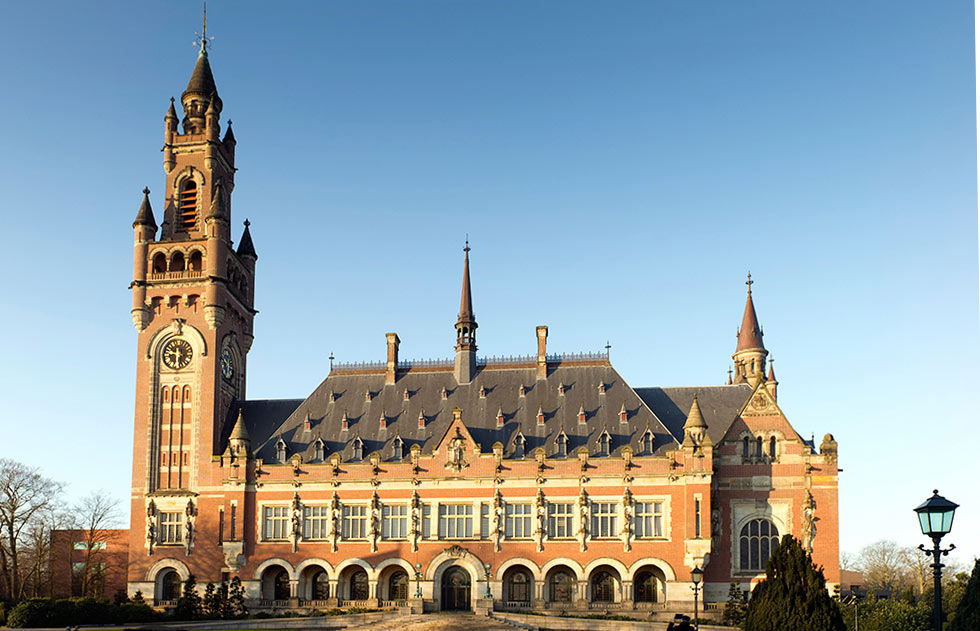Individuals vs International Law
- treatiesandtrials

- Jul 28, 2025
- 2 min read
So you’ve probably heard of at least one world leader who has committed a war crime. In that case, he or she could be put on trial at the International Criminal Court, right? Well, unfortunately it is not that simple.

While the court aims to hold perpetrators of very serious crimes accountable, there are significant barriers when it comes to enforcing justice. One being that major world powers refuse to recognize the organization themselves.
What is the International Criminal Court?
The International Criminal Court (ICC) prosecutes individuals for genocide, war crimes, crimes against humanity, and crimes of aggression. Since its establishment in 2002, the court has seen 33 cases. Unlike the International Court of Justice (ICJ), the ICC is independent of the United Nations (but still cooperates with the organization), and does not try countries or governments. At the same time, the courts have several commonalities, including their location in the Netherlands … and the fact they must adhere to state sovereignty.
How the Court is Affected by State Sovereignty
Yes, as with anything and everything related to international law, the ICC’s verdicts require support from the involved sovereign member state. Otherwise there is no real method of law enforcement. For this reason, the court has received lots of criticism and has been a key part of why major countries like the US have decided not to recognize it. In 2018, President Donald Trump made a statement saying that,
“As far as America is concerned, the ICC has no jurisdiction, no legitimacy, and no authority.”
What is even more shocking is that since the ICC’s founding in 2002, the stance has stayed somewhat consistent among several US presidents, democratic and republican. Other major countries that are not involved with the ICC include Russia and China.
Why You Should Care
If you’re under 18, luckily you can’t be tried in the ICC. Either way, let's hope you aren’t committing horrible war crimes. On the flip side, many youth have been protected from past ICC cases. In 2012, for example, Thomas Lubanga Dyilo, a militia group leader in the Democratic Republic of the Congo was convicted for abducting children under the age of 15 to participate in armed conflict. So despite the controversy, it cannot be denied that many individuals have been impacted by the verdicts of the ICC.





Comments